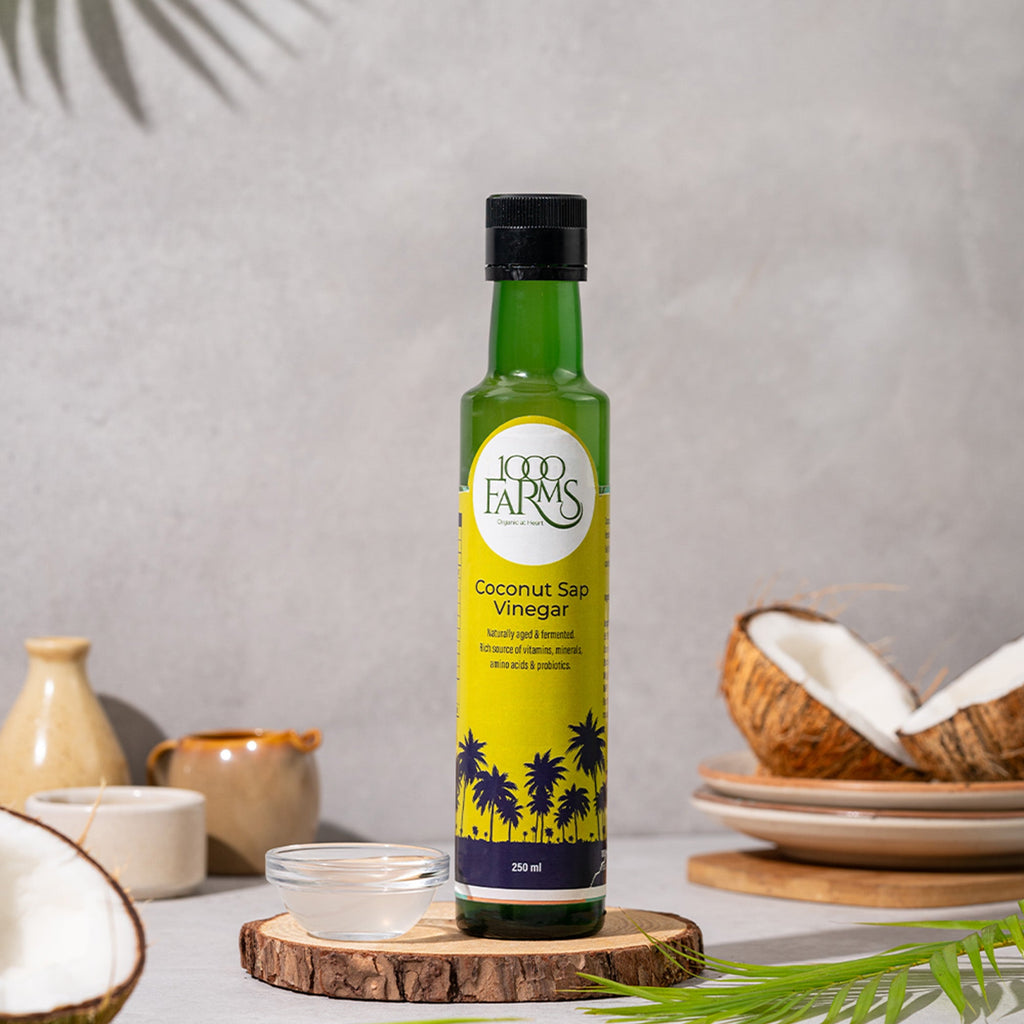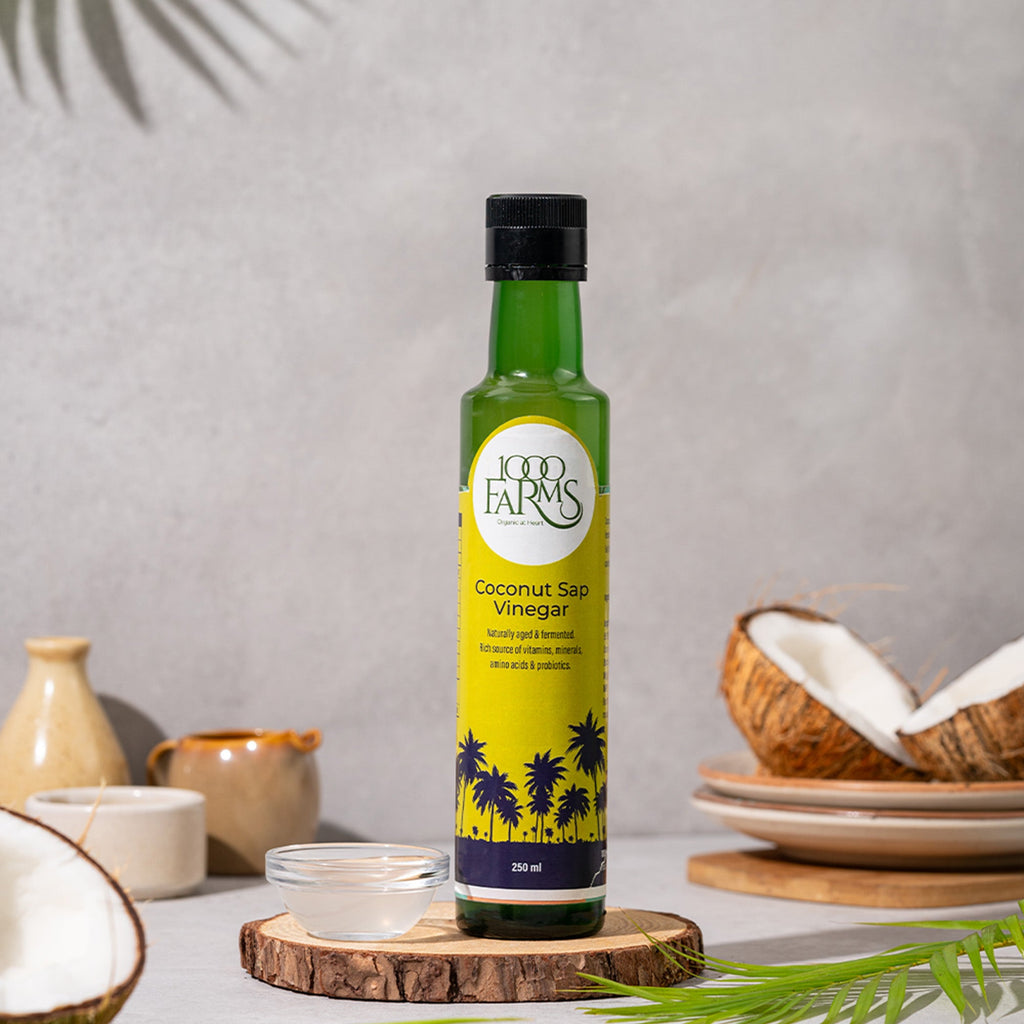
Coconut Farming Around the World - A Look at Global Practices

Introduction
Coconuts may be a tropical fruit, but their global reach is vast. From Asia to Africa to Latin America, coconut farming supports the livelihoods of millions and forms the backbone of many rural economies. Yet, the way coconuts are grown, harvested, and processed varies widely across regions. In this blog, we’ll explore the diverse farming methods, cultural traditions, and sustainability practices shaping coconut production around the world.
1. Southeast Asia – The Heart of Global Coconut Production
Key Countries: Philippines, Indonesia, Thailand
Practices:
- Smallholder farms dominate production.
- Traditional harvesting using long poles or trained monkeys (though controversial and now declining).
- Intercropping with bananas, cacao, or coffee to improve biodiversity.
Notable Features:
- The Philippines is the world’s top exporter of coconut oil.
- Thailand is known for its aromatic coconut varieties.
Challenges:
- Aging trees and farmers
- Climate change threats like typhoons
2. South India & Sri Lanka – Deeply Rooted Traditions
Key Regions: Kerala, Tamil Nadu, Karnataka, and Northern Sri Lanka
Practices:
- Use of organic compost and mulching.
- Toddy tapping (sap collection) for vinegar and coconut sugar.
- Multi-generational coconut groves passed down through families.
Cultural Significance:
- Coconuts play a vital role in religious rituals and festivals.
- Coconut-based dishes are central to South Indian cuisine.
Innovation:
- Drip irrigation and organic certification initiatives.
3. Africa – An Emerging Coconut Frontier
Key Regions: Ghana, Ivory Coast, Nigeria, Tanzania
Practices:
- Newer plantations driven by growing global demand.
- Focus on virgin coconut oil and fresh coconut water exports.
Challenges:
- Pests and disease outbreaks
- Limited access to organic farming inputs and training
Potential:
- High employment generation
- Great climate for expansion of coconut agroforestry
4. Latin America & the Caribbean – The Blend of Old and New
Key Countries: Brazil, Mexico, Dominican Republic, Colombia
Practices:
- Mechanized harvesting in some areas
- Integration with tourism and agro-tourism
Trends:
- Growing focus on sustainable coconut products like sugar, flour, and vinegar.
- Emphasis on small-batch, high-value exports.
Sustainability in Focus
Many global coconut farms are shifting toward regenerative agriculture. Practices include:
- Organic composting
- Water conservation
- Avoiding harmful pesticides
Brands like 1000Farms support these efforts by partnering with farms that are committed to environmental and community health.
Why This Matters to You
Every time you buy coconut products, you're supporting a global network of farmers. By choosing ethically sourced options from brands like 1000Farms, you promote sustainable livelihoods, reduce environmental impact, and enjoy products that are better for your health and the planet.
Conclusion
Coconut farming is not one-size-fits-all. It reflects the culture, geography, and economic needs of each region. By understanding how coconuts are grown around the world, we can make more informed and ethical choices as consumers. At 1000Farms, we celebrate this diversity and work to ensure every product you enjoy comes from farms rooted in care, sustainability, and tradition.





